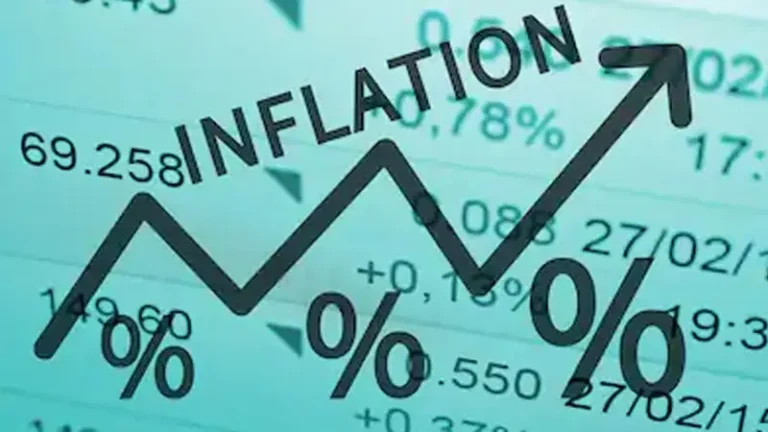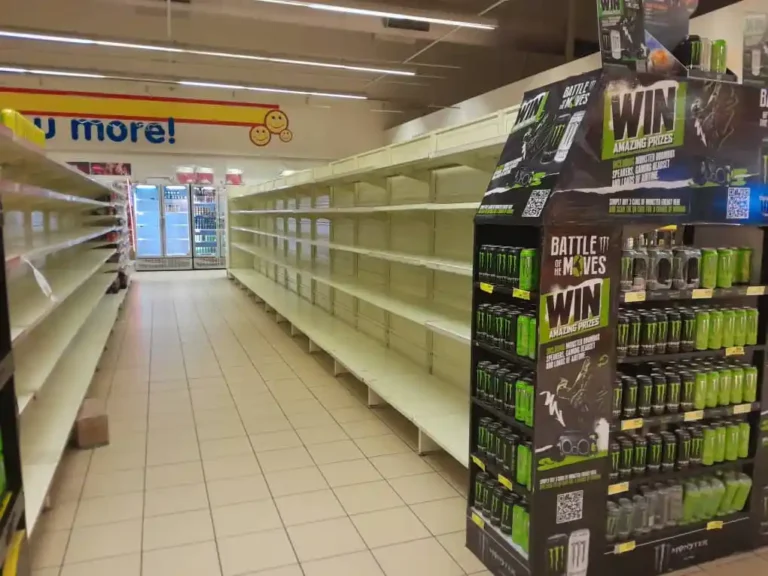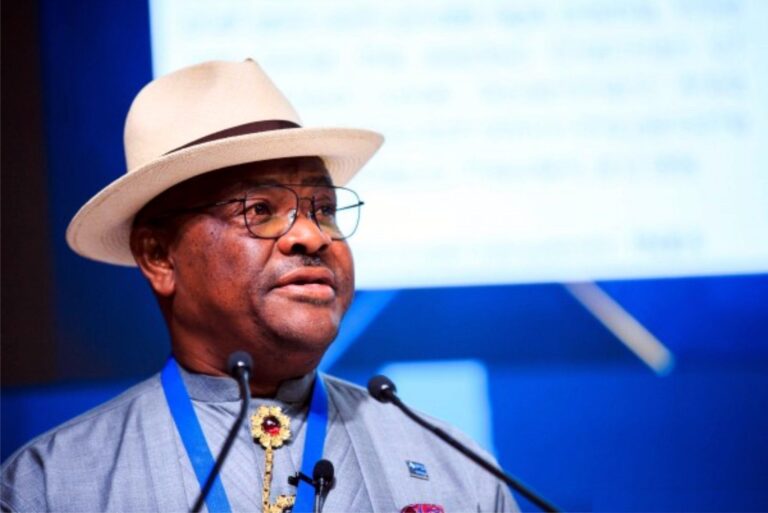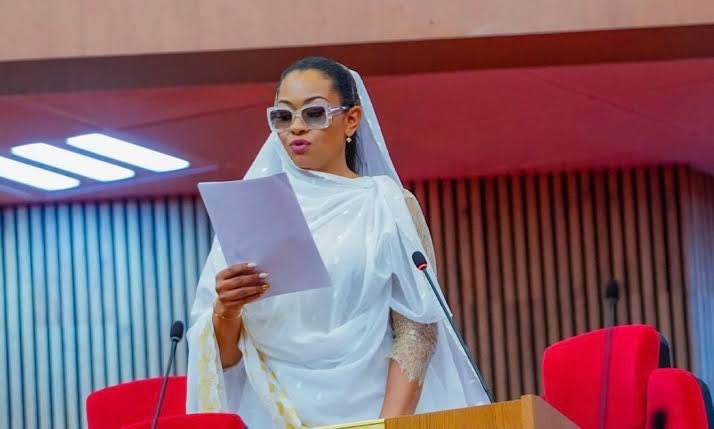
The Central Bank of Nigeria, CBN, has expressed worries over the declining economic activities in the country.
The CBN deputy governor of Corporate Services, Bala Moh’d Bello, disclosed this in a statement at the end of the last Monetary Policy Committee meeting released on the Bank’s website.
He noted that the country’s Composite Purchasing Managers’ Index (PMI), declined sharply to 39.2 index points in February 2024 from 48.5 index points in the previous month.
The Purchasing Managers’ Index (PMI) is an index of the prevailing direction of economic trends in the manufacturing and service sectors. It consists of an index method that summarises whether market conditions are expanding, staying the same, or contracting as viewed by purchasing managers. The purpose of the PMI is to provide information about current and future business conditions to company decision-makers, analysts, and investors
Bello stressed that economic activities have contracted for eight months due to exchange rate pressures, inflation and security challenges.
He said, “It is concerning to note that the Composite Purchasing Managers’ Index (PMI) declined sharply to 39.2 index points in February 2024 from 48.5 Index points in the previous month.
“Economic activity has been contracting for eight consecutive months, mainly due to exchange rate pressures, rising input prices, security challenges, and other idiosyncratic headwinds. This calls for well-nuanced policy decisions targeted at price stability to forestall stifling economic activities and derailing output performance.
“Of more concern is the rising inflationary trend despite sustained hikes in the monetary policy rate with forecasts of further price increases in the near term.
“Both food and core inflation rose in February 2024, underpinning acceleration in headline inflation to 31.70 per cent in February 2024 from 29.90 per cent in the previous month.
“This continued rise in inflation was mainly due to high production costs, lingering security challenges and exchange rate pressures.”
He added that the country’s inflation soared to 33.22 per cent in March, which is unacceptably high and requires coordinated efforts to curb.
“Inflation is currently unacceptably high and requires decisive and coordinated efforts to curb it, given its adverse impact on citizens’ purchasing power, investment decisions and broad output performance,” he noted.
The CBN deputy director’s observation underpins the trail of exiting companies from the economy in recent times, especially the oil and gas and equities market.
Not less than 26 oil blocs with a current average production capacity of 346,290 barrels per day in the oil sector have been proposed to be divested by Nigerian Agip Oil Company, ExxonMobil (Mobil Producing Nigeria Unlimited), Equinor and Shell (Shell Petroleum Development Company of Nigeria Limited).
Gbenga Komolafe, the chief executive of the Nigerian Upstream Petroleum Regulatory Commission (NUPRC), disclosed this during an industry dialogue on divestment, held in Abuja on Friday.
According to Komolafe, the blocs have an estimated total reserve of 8.211million barrels of oil, 2,699 million barrels of condensate, 44,110 billion cubic feet of associated gas and 46,604 billion cubic feet of non-associated gas.
He noted that these assets form a significant contribution to the nation’s hydrocarbon resources.
The associated tax revenue losses, job losses and negative impact on the supply chairn via the backward integration policy, contributed to the decline in economic activities that the CBN deputy director lamented about.
“It is not going to be better any time soon; 2024 is a defining moment for most of these companies nursing the injuries of huge operating losses that will take long to heal,” said a top management employee of one of the affected companies who would not want his name disclosed as he does not have the authority of his employers to speak to the press.







